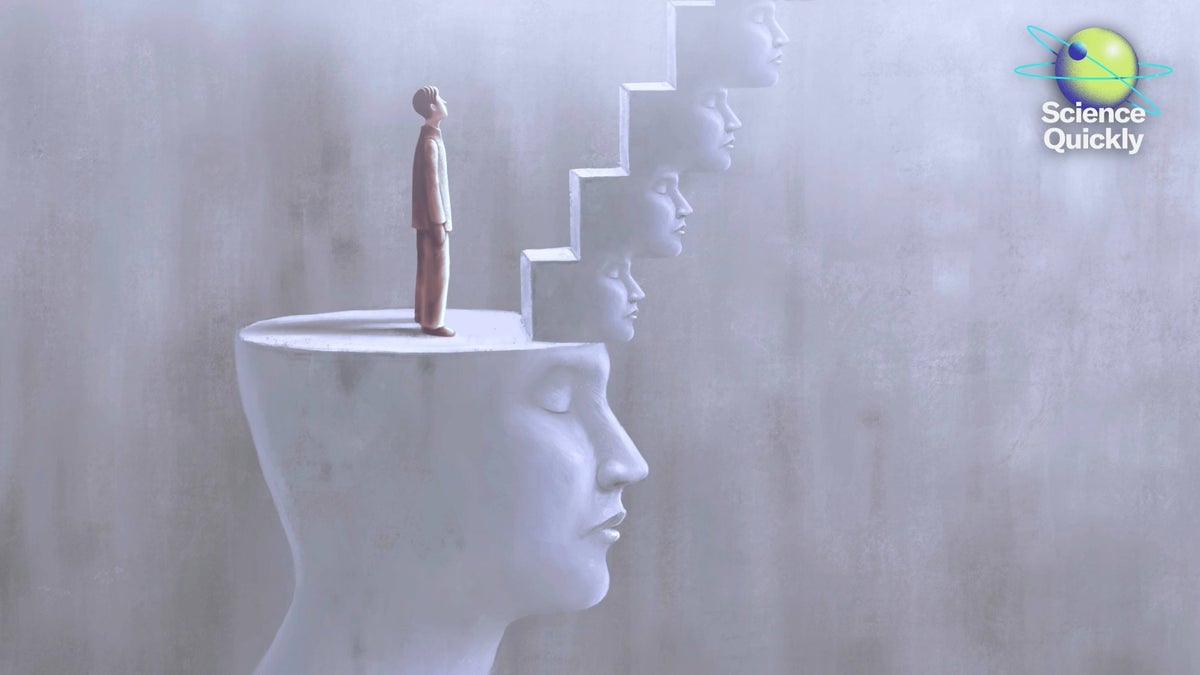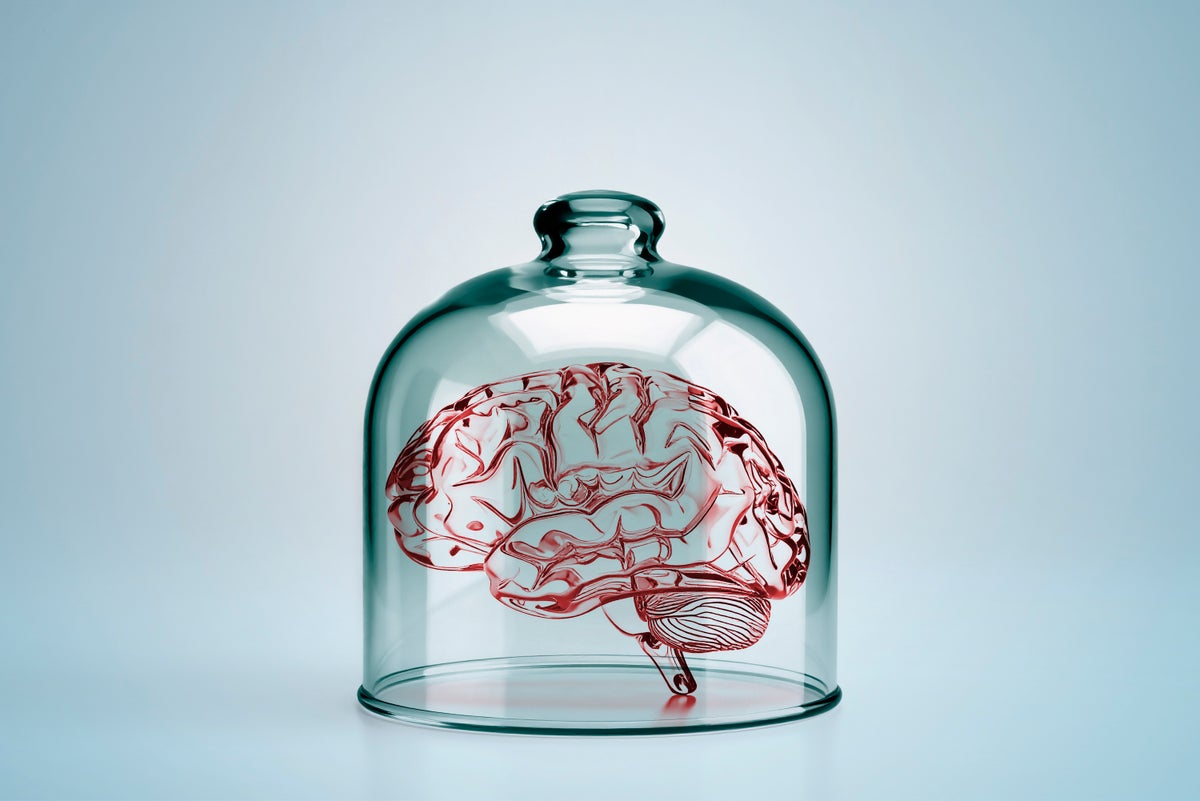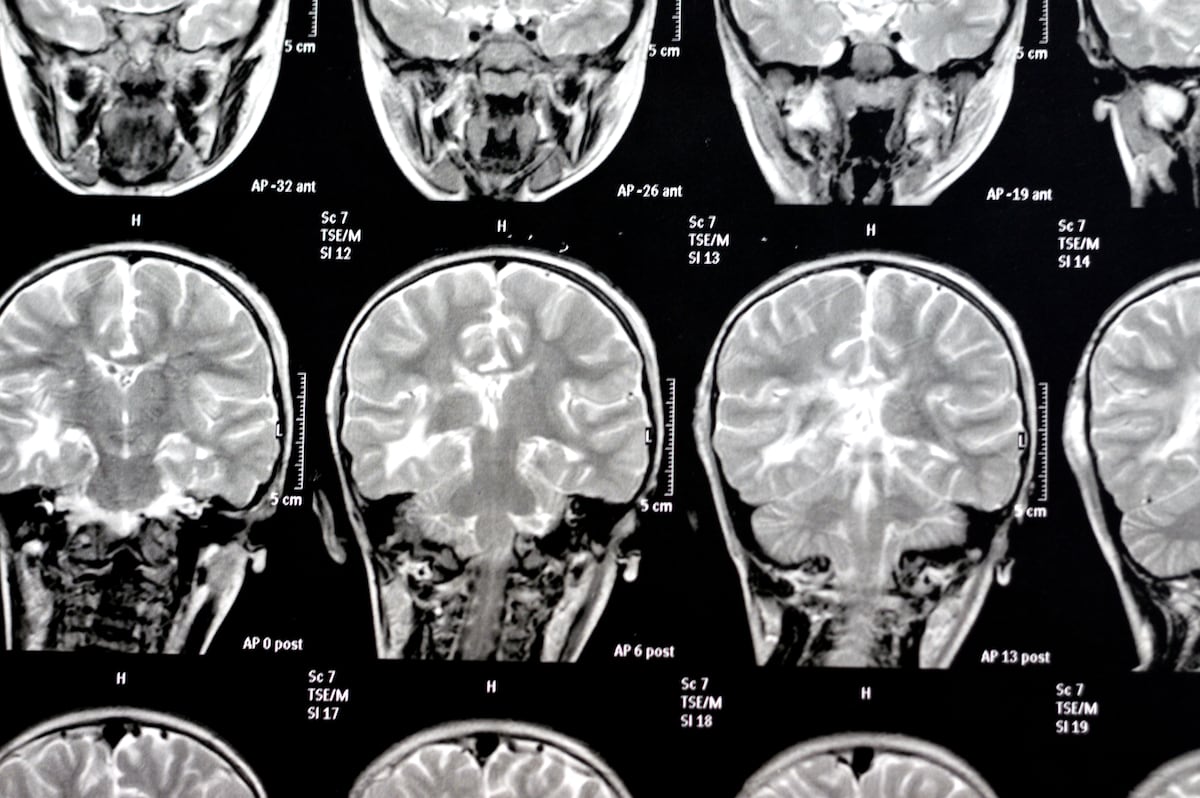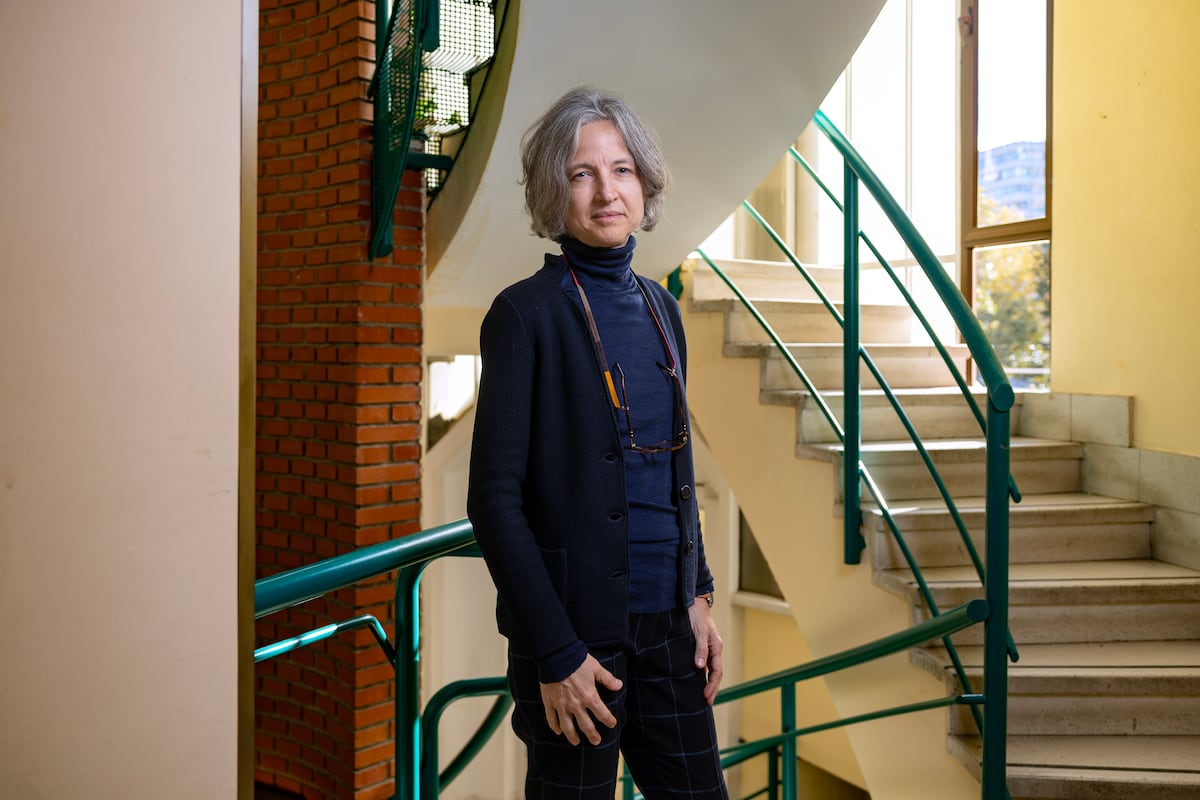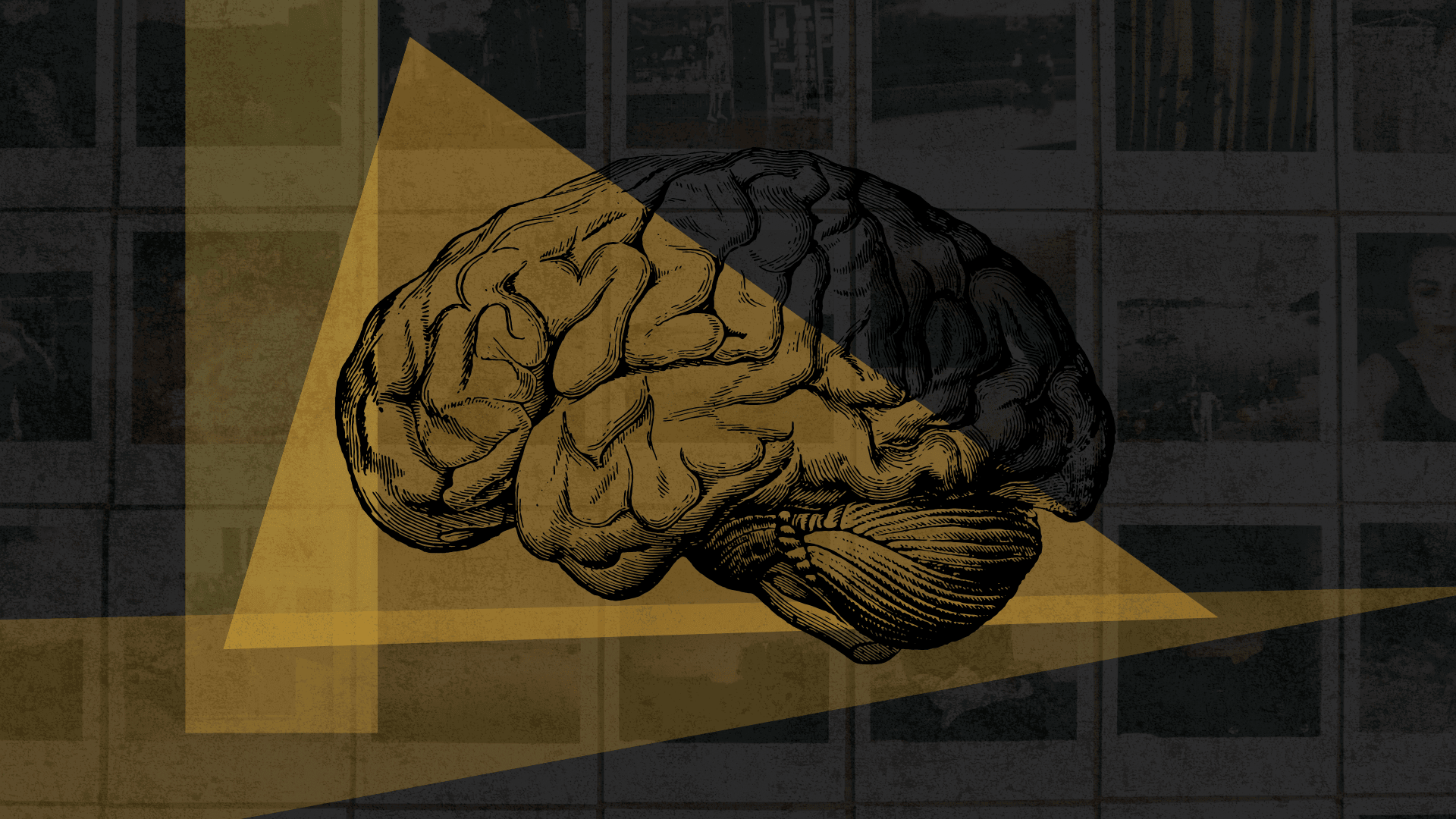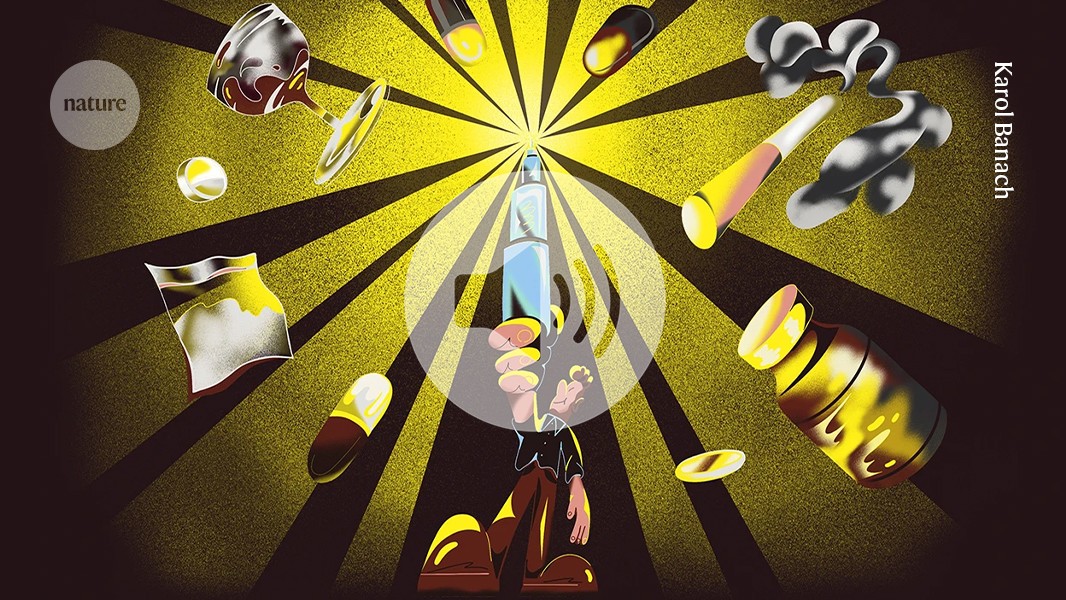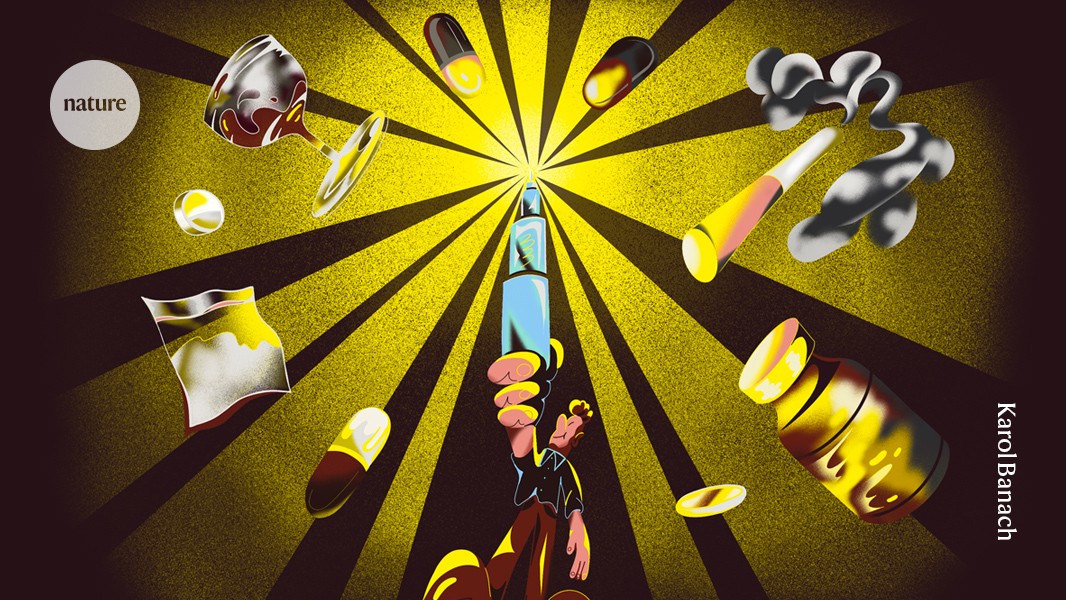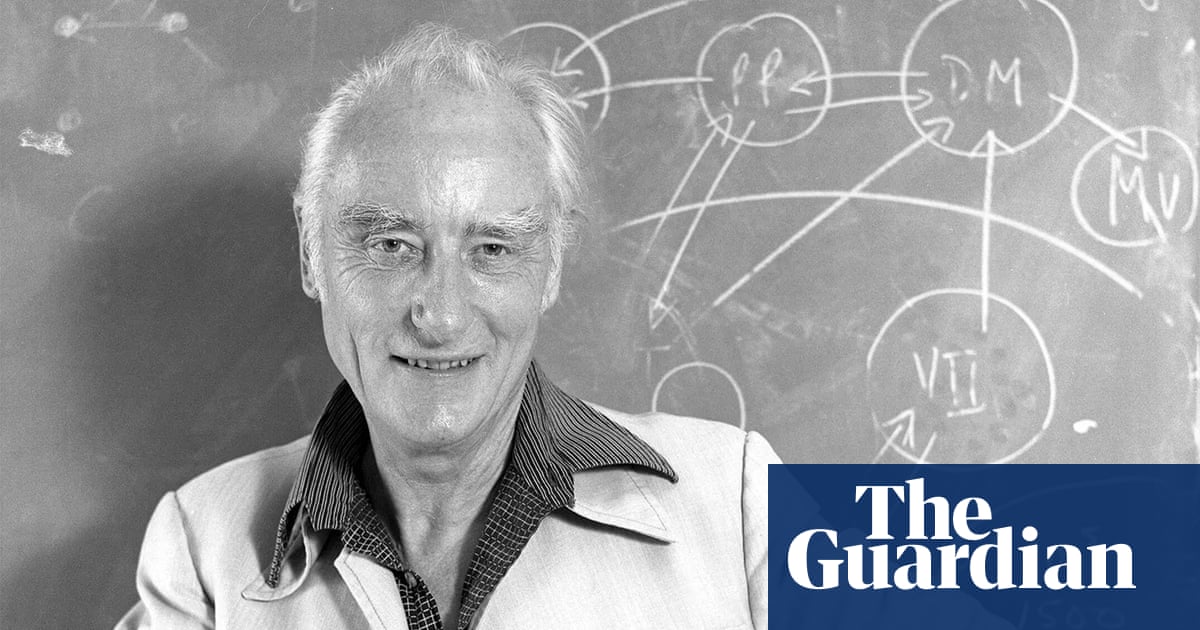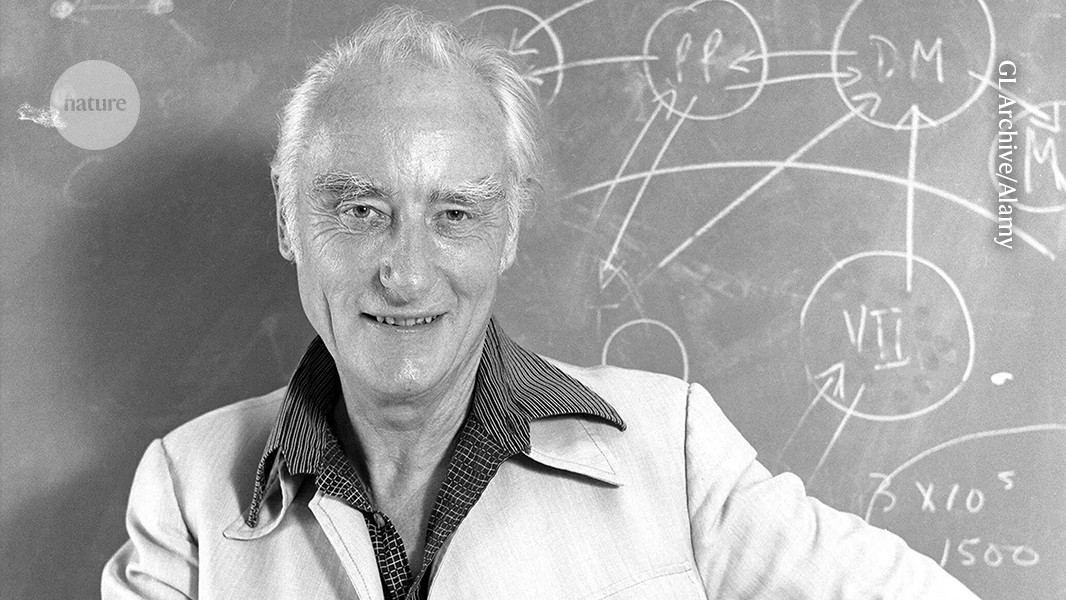fromSilicon Canals
3 hours agoThe daily habit 76% of millionaires have in common-it's not what you think - Silicon Canals
According to Thomas C. Corley's research, 76% of millionaires exercised for at least 30 minutes a day, four days a week. Yeah, exercise. Not exactly the secret formula you were expecting, right? Why movement matters more than you think I used to think successful people were too busy for the gym. Turns out, I had it backwards. They're successful partly because they make time for it.
Wellness








